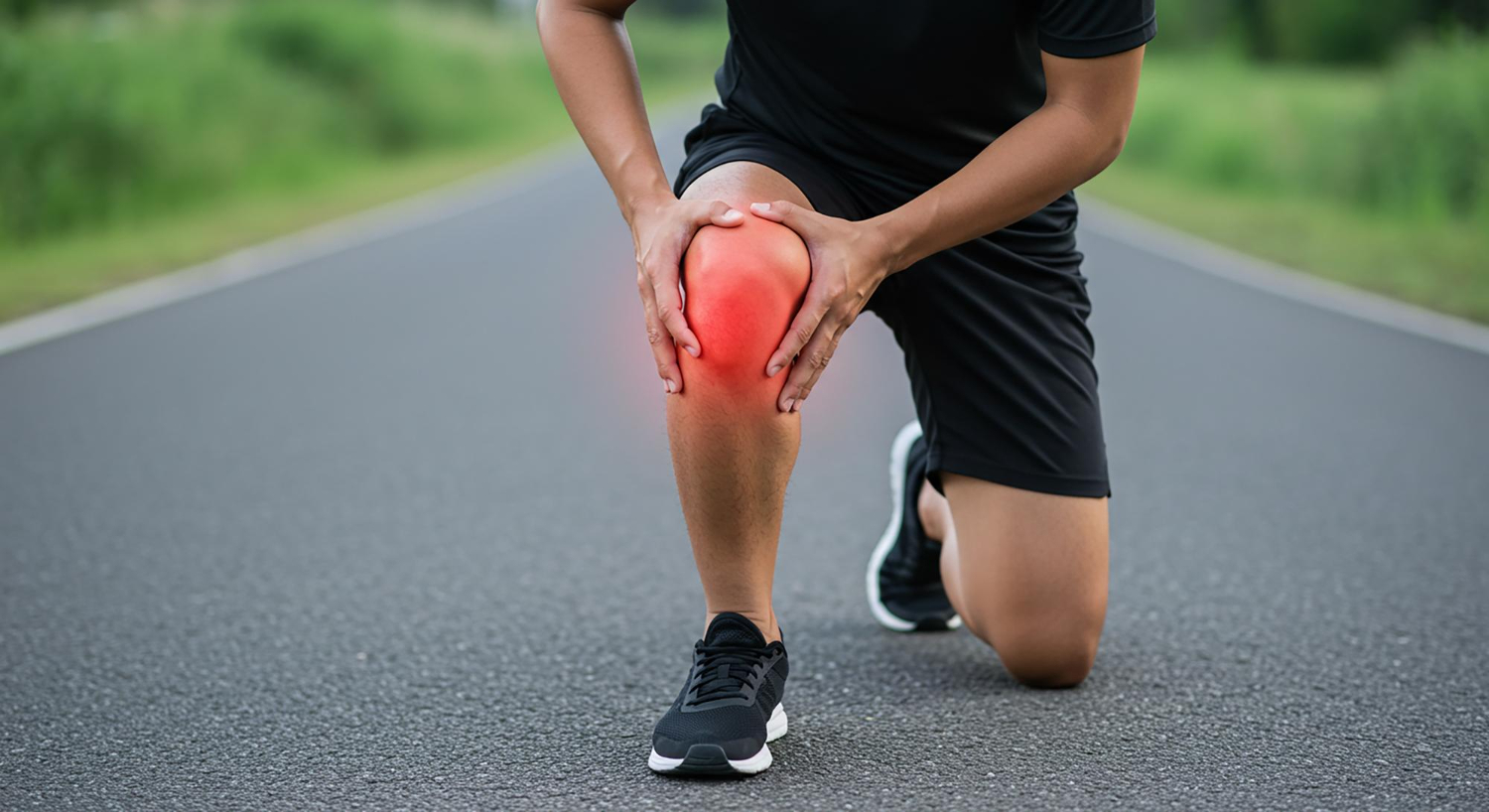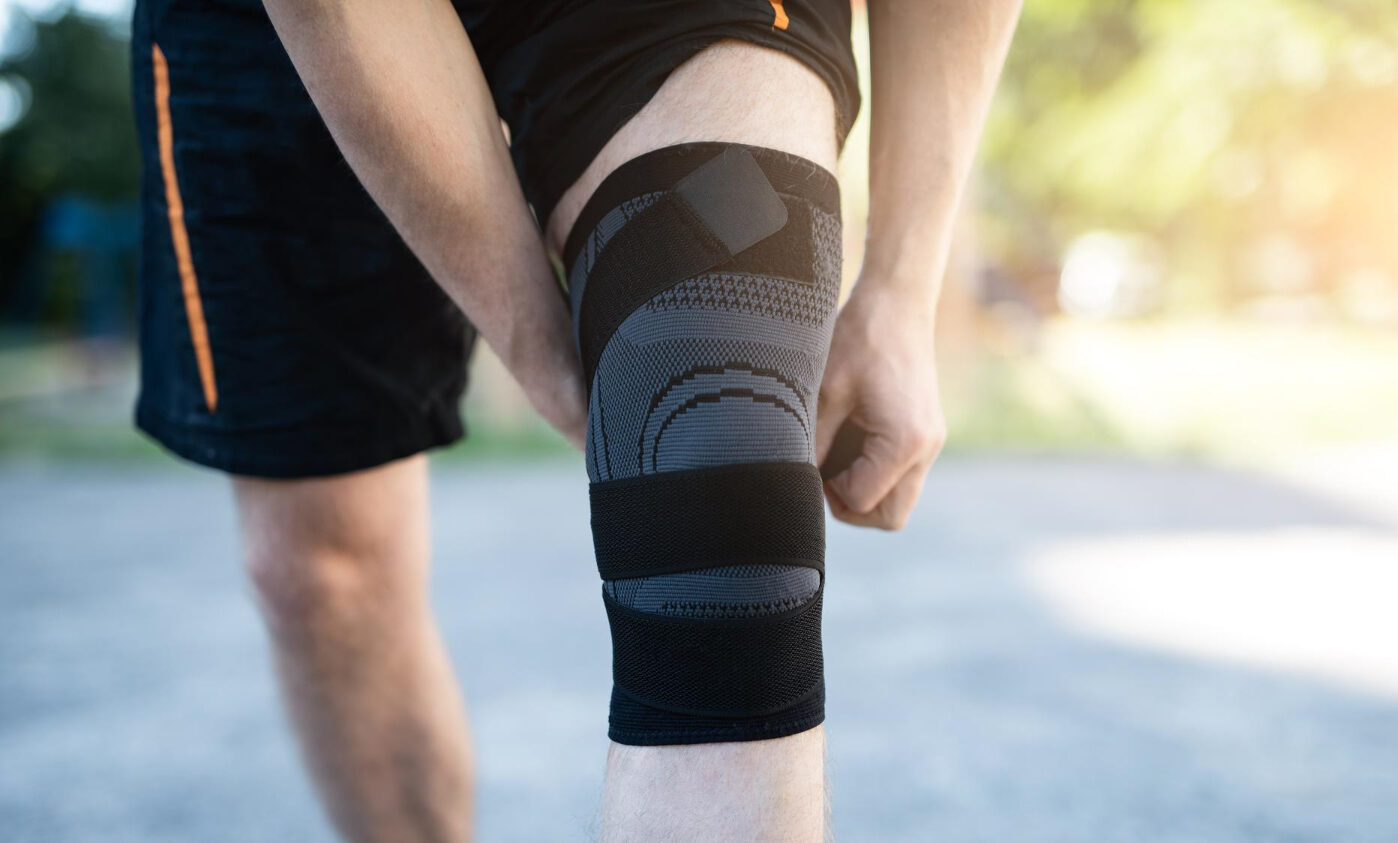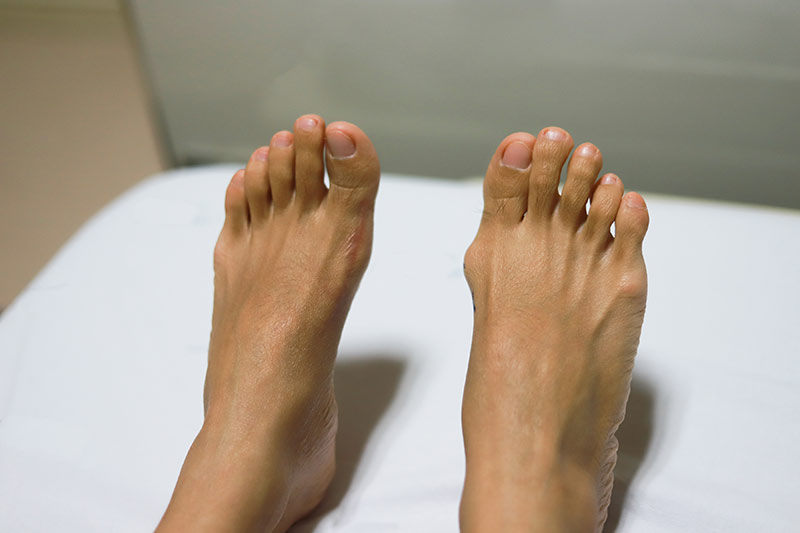Hip replacement surgery can be transformative, offering relief and improved mobility for individuals with hip joint issues. However, after this procedure, it’s crucial to adopt certain lifestyle adjustments to ensure the longevity and health of the replaced hip joint. Whether you’ve recently undergone hip replacement surgery or are preparing for it, making these changes can significantly contribute to your overall hip health and quality of life. Let’s get into some important lifestyle modifications and habits that can support long-term hip health following a hip replacement.
Maintaining a Healthy Weight
One of the most impactful steps you can take to protect your new hip joint is to maintain a healthy weight. Excess body weight can put undue stress on the hips, potentially leading to complications or faster wear and tear of the replaced joint. Singaporeans are known for their delicious cuisine, but it’s important to focus on a balanced diet with appropriate portion sizes.
Opt for nutrient-dense foods like fruits, vegetables, whole grains, and lean proteins while limiting sugary snacks and high-fat foods. Consult with a dietitian if needed to tailor a diet plan that supports your weight management goals and overall health.
Incorporating Low-Impact Exercises
Regular exercise is vital for maintaining hip strength and flexibility after a hip replacement. However, it’s crucial to focus on low-impact activities that are gentle on the joints. Consider incorporating exercises such as swimming, walking, stationary cycling, or yoga into your daily routine.
These activities can help strengthen the muscles around the hip joint without causing excessive strain. Start slowly and gradually increase the intensity as advised by your healthcare provider or physiotherapist. Remember, consistency is key to reaping the benefits of exercise for your hip health.
Adapting Activities to Protect the Hip Joint
While resuming activities post-surgery, it’s essential to be mindful of your hip joint and avoid high-impact movements that could jeopardise its stability. Modify activities like gardening, household chores, and recreational sports to minimise stress on the hip.
Use assistive devices such as ergonomic tools, reachers, or supportive furniture to reduce strain during daily tasks. Ensure proper form and technique to prevent injuries when engaging in physical activities. Being proactive in adapting your lifestyle to accommodate your replaced hip joint will contribute significantly to its long-term durability.
Resuming Hobbies, Travel, and Everyday Tasks
After hip replacement surgery, many individuals are eager to resume their favourite hobbies, travel plans, and daily activities. The good news is that most activities can be enjoyed again with proper care and adjustments.
Start by discussing your specific concerns and interests with your healthcare team. They can provide tailored advice on when and how to safely reintroduce activities like golfing, travelling, or dancing. Invest in supportive equipment such as travel pillows, orthopaedic cushions, or walking aids to enhance comfort and reduce strain during these activities.
Remember to listen to your body and pace yourself as you gradually regain your strength and confidence.
Addressing Common Concerns
It’s normal to have concerns about the long-term outcomes of hip replacement surgery. However, advancements in medical technology and post-operative care have greatly improved hip replacements’ success rates and durability.
Be sure to attend follow-up appointments with your orthopaedic surgeon and physiotherapist to monitor your progress and address any issues promptly. Stay informed about warning signs of complications such as infection or implant loosening, and seek immediate medical attention if you experience unusual pain, swelling, or mobility issues.
Embracing a Hip-Healthy Lifestyle
Adopting a hip-healthy lifestyle involves a holistic approach encompassing diet, exercise, activity modification, and proactive healthcare management. By making these adjustments, you’re supporting the longevity of your replaced hip joint and enhancing your overall well-being and quality of life. Remember that every individual’s recovery journey is unique, so consult with your healthcare team to develop a personalised plan that aligns with your specific needs and goals.
Hip replacement surgery opens the door to a new chapter of improved mobility and reduced pain. However, sustaining the benefits of this procedure requires a commitment to certain lifestyle modifications. By maintaining a healthy weight, engaging in low-impact exercises, adapting activities, and addressing concerns thoughtfully, you can promote the long-term health and functionality of your replaced hip joint. Embrace these changes with positivity and determination, knowing that they are essential steps towards a vibrant and active future.












